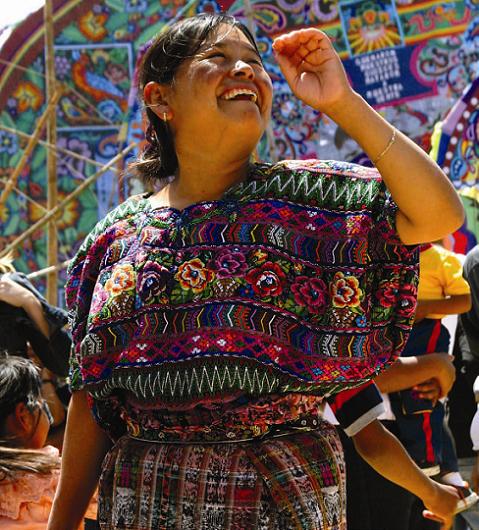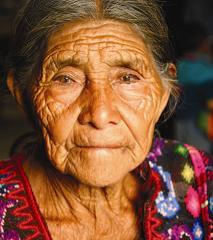Dr. Leslie Capehart ’00, PhD in Psychology, was living a happy suburban existence when a trip to Guatemala turned her life upside down
Photography by Leslie Capehart


“This is an extremely impoverished area: Only 0.6 percent of the local population receives education beyond middle school, 46.9 percent receive no education at all, and half the population is illiterate. It quickly became obvious that developing the Chichicastenango economy would be the best way for us to make a difference here, so we founded Missions Frontier (http://www.missionsfrontier.org/). Rather than dispensing food or medical aid, our organization focuses on self-sustainable projects that empower locals to work and earn for themselves. We now employ about 100 locals. On average, each of them supports a family of eight.

“Rejecting the cultural norms here is a constant challenge. Women are seen as next to nothing. If a family has 10 kids, they might send one or two of the boys to school, but they’d never ‘waste’ an education on a girl. Handicapped people are typically pushed aside, too. These are just some of the givens here. So when we hire, we try to fill in those gaps. We facilitate local leadership without creating an unhealthy dependence on outside aid.
“Several years ago I met a young woman who was wheelchair-bound due to arthritis. She’d never been any place alone—her parents always had to accompany her. When they both unexpectedly died, we played a part in helping her get hip replacement surgery. Then we hired her. Now she holds one of our top administrative positions. She needed a job and a chance, not a handout. Now she supports herself, and I think that’s made all the difference.” —As told to Andrea Minarcek



